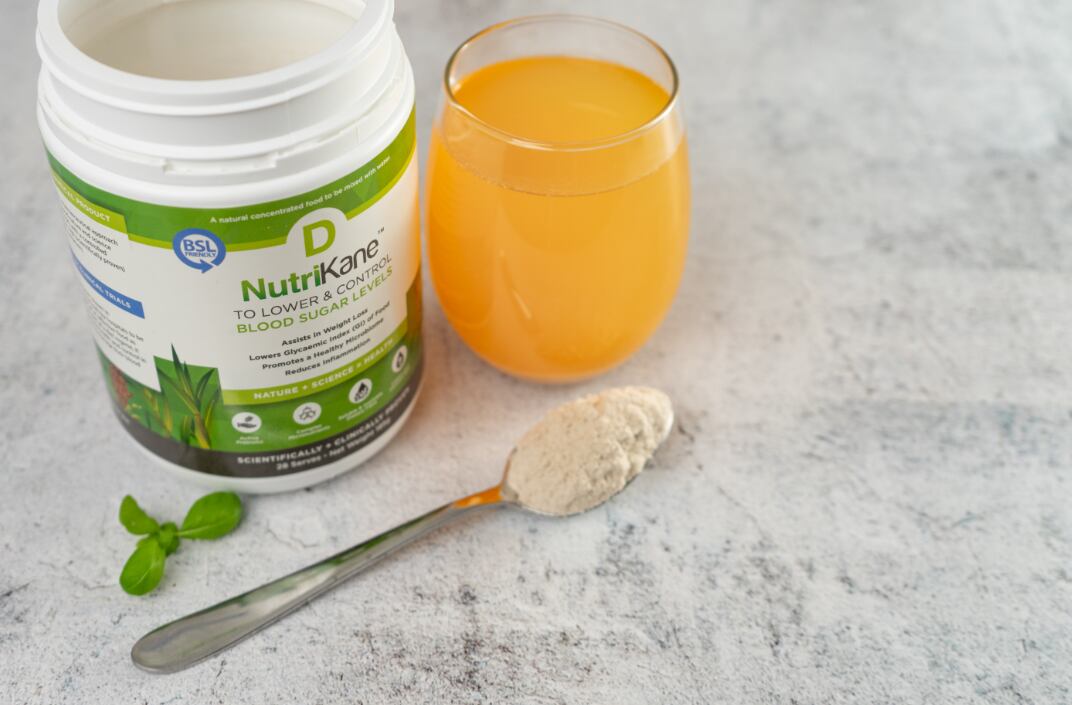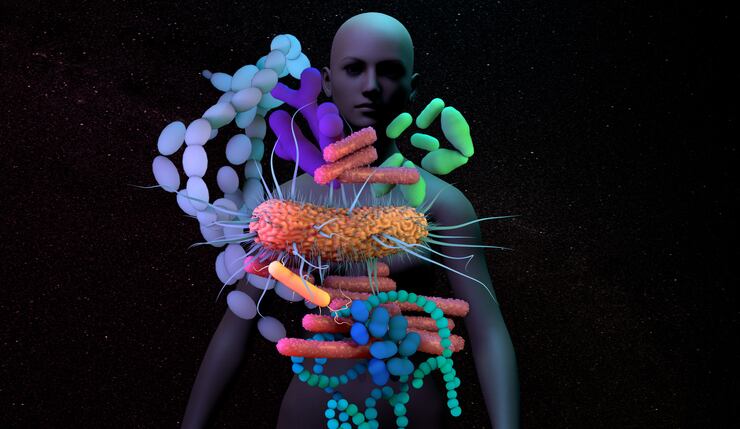The supplement being studied is Anatara’s Gastrointestinal Re-Programming complementary medicine (GaRP), which is a bromelain formulation derived from pineapple.
Anatara is currently recruiting 200 patients for phase 1/2 randomised, double-blind and placebo-controlled clinical trial across Australia for an eight week study.
Microba’s gut microbiome analysis platform will compare pre-treatment and post-treatment specimens to assess the effectiveness of GaRP for IBS-D patients.
The condition is a subset of IBS with symptoms such as higher diarrhoea frequency and abdominal pain. There is no definitive cure for IBS-D.
IBS-D is complex to treat and is often managed through diets such as the low FODMAP diet, medications, supplements or psychological interventions such as gut-directed hypnotherapy.
However, current pharmaceutical treatments have high failure rates and severe side-effects, leading to more than half of patients trying complementary and alternative medicines in the hope of managing their chronic bowel condition.
The findings of this study will help address unmet needs for treatment option for sufferers of IBS-D, which still lack evidence.
The GaRP supplement has been demonstrated through in-vivo and in-vitro studies to manage symptoms from IBD and IBS.
The sequencing method that Microba uses is metagenomics, which helps overcome the previous bottleneck of older sequencing methods. It has the ability to see the whole microbiome as opposed to the previous 29% other methods were able to access.
Microba has a lead program in IBD, with therapeutic leads in pre-clinical models, and is looking to recruit human subjects for a phase 1 clinical trial in 2022.
It also has another program in immuno-oncology neoadjuvant therapy.
Illumina partnership
Most recently, it announced a partnership with Illumina, a gene sequencing company to work on projects ranging from Parkinson's disease, depression, autism, cardiovascular disease to oncology.
“We'll be accelerating the discovery of microbiome biomarkers, and the translation of these insights into innovations that will improve healthcare, that will no doubt involve research institutes, pharma and biotech companies, and multinational food and nutrition companies,” Dr Luke Holtham Reid, Microba’s company president told NutraIngredients-Asia.
As this work evolves, the partnership will see the development of novel nutraceutical and functional food products.
“The next generation of microbiome-targeted products will have a strong evidence base from reliable data and will also become more personalised as we learn more about how individuals respond to treatments in different ways.”
“The key thing is that even diseases that have already been heavily investigated and published, we can expect new studies to be performed using our platform because when we have the Illumina sequencing matched with our meta genomics platform, so we can measure 25% more of the microbiome than other platforms.”
According to Reid, the partnership with Illumina will mainly focus on clients in the APAC region.
“Australia is our home base, so we would like to support our local research, but opening this up formally to other regions within the APAC area is a natural fit for us to get this technology out to everyone.”
Key regions of interest to the company are India, Japan, Taiwan, Singapore, New Zealand, and South Korea.
Other collaborations
Microba has already partnered with several functional food and probiotic innovation companies to research, develop and commercialise products.
Earlier this year, it recently announced a partnership with Unilever to study the impact of the gut microbiome and sleep quality.
“The ultimate goal is to develop new consumer health products that would improve sleep quality,” Reid said.
Microba currently has an ongoing project with the University of Queensland, exploring treatments for Parkinson’s disease as well as studying faecal microbiome transplants (FMT) to treat depression with the Food and Mood Centre.




